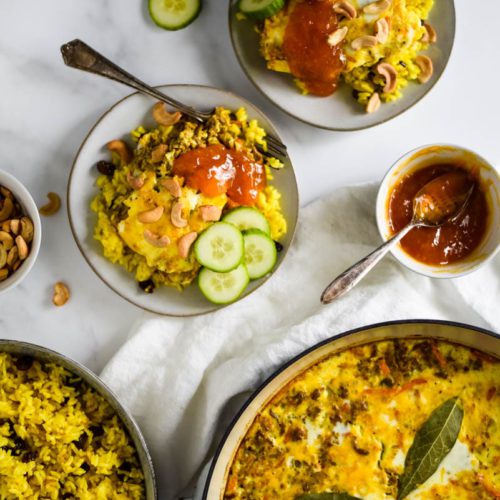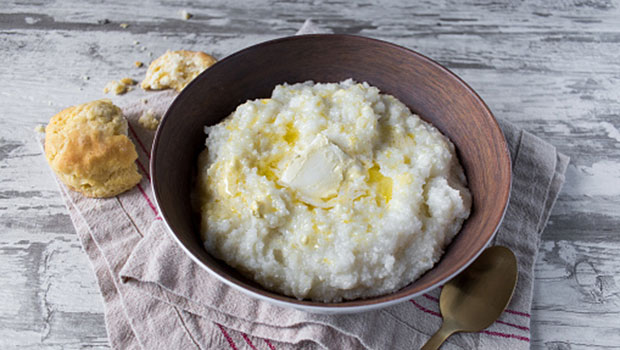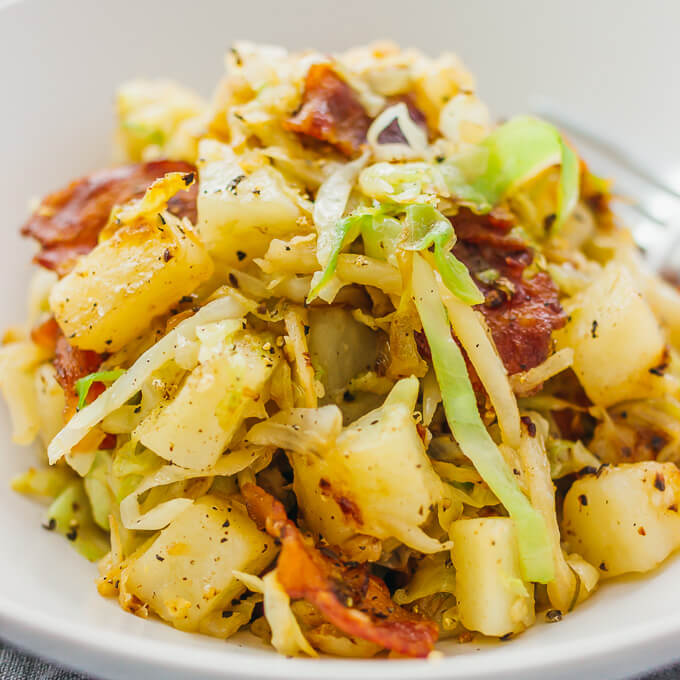“Stepping into the vibrant world of lobola negotiations, where families come together to celebrate love and forge new connections, calls for a culinary feast that symbolizes warmth, generosity, and harmony. As you prepare for this joyous occasion, let us guide you through a delightful journey of flavors and traditions, exploring exquisite dishes that embody the essence of togetherness and pay homage to the rich cultural heritage surrounding lobola negotiations. Get ready to impress and delight with these delectable culinary creations that will elevate the spirit of this cherished celebration!”
Lobola negotiations, also known as lobolo or bride price negotiations, are a traditional practice in many African cultures, particularly in Southern Africa. Lobola is a custom where the groom or his family presents gifts, often in the form of cattle, money, or other valuable items, to the bride’s family as a gesture of respect and gratitude for allowing the marriage to take place.
The negotiations typically involve a series of discussions and ceremonies between the two families. The groom’s family will send representatives to the bride’s family to initiate the negotiations. The negotiations can be a complex process involving the assessment of the bride’s worth and determining the appropriate lobola payment.
The lobola negotiations serve several purposes within the cultural context. It signifies the groom’s commitment and readiness to take on the responsibilities of marriage. It is also a way for the groom’s family to demonstrate their respect for the bride’s family and their willingness to integrate into their community.
The specific customs and practices related to lobola negotiations vary across different African cultures and even between families. The payment can vary in terms of the number of cattle, the amount of money, or other goods that are given as lobola. Additionally, the negotiations may also involve discussions about other aspects of the marriage, such as the roles and responsibilities of each family in the union.
It’s important to note that while lobola negotiations are deeply rooted in tradition and cultural significance, their practice and interpretation can vary among individuals and communities. Some people adhere strictly to traditional customs, while others may adapt or modify the process to align with modern values and circumstances.

What to cook for lobola negotiations
Ingredients
However, if you would like to prepare a South African-inspired dish for your lobola negotiations, here's a recipe for a classic South African bobotie:
- 500g ground beef or lamb
- 1 onion, finely chopped
- 2 slices of bread
- 1 cup milk
- 2 tablespoons curry powder
- 1 tablespoon apricot jam
- 2 tablespoons chutney
- 2 tablespoons vinegar
- 1 tablespoon oil
- 2 eggs
- Salt and pepper to taste
- 1/4 cup raisins
- 1/4 cup slivered almonds
- 4-6 bay leaves
For the topping:
- 1 cup milk
- 2 eggs
- A pinch of turmeric (for color)
Instructions
- Preheat your oven to 180°C (350°F).
- Soak the bread slices in milk until soft. Squeeze out the excess milk and set aside.
- In a large pan, heat the oil and sauté the onion until soft and translucent
- Add the ground meat to the pan and cook until browned.
- Add the curry powder, apricot jam, chutney, vinegar, salt, and pepper. Mix well.
- Crumble the soaked bread into the meat mixture and stir to combine.
- Add the raisins and slivered almonds, reserving some almonds for garnishing.
- Transfer the mixture to a greased ovenproof dish and smooth the top.
- In a separate bowl, whisk together the milk, eggs, and turmeric for the topping. Pour the mixture over the meat mixture.
- Place the bay leaves on top and sprinkle with the reserved almonds.
- Bake in the preheated oven for approximately 45 minutes or until the topping is set and golden brown.
- Serve the bobotie with yellow rice, chutney, and a fresh salad.






